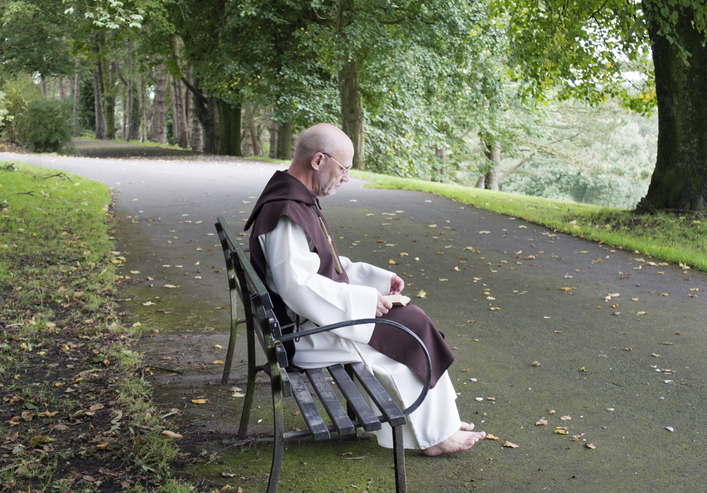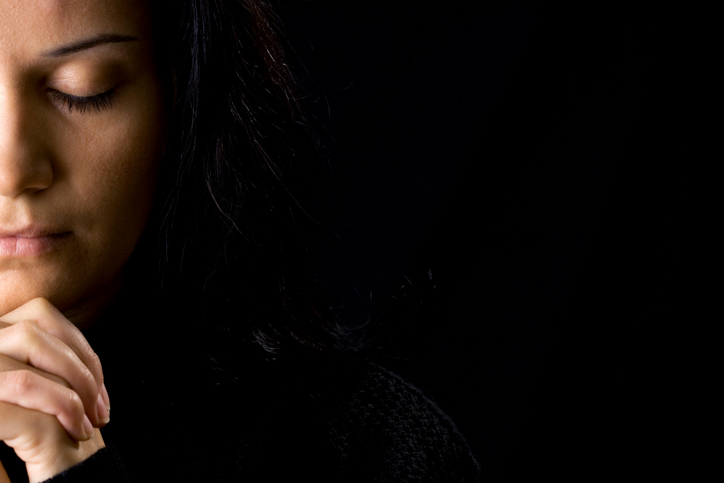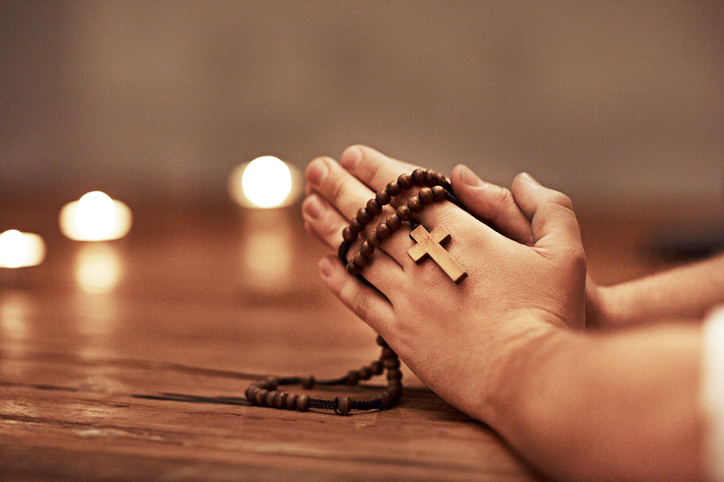I wonder how many times in the Gospels Jesus tells those he has healed not to tell anyone about it, or not to make Him known. It seems contradictory, doesn’t it? I mean, isn’t the whole reason He came to Earth to save the whole world, so that everyone could have a relationship with Him and reach heaven? Why did He insist that people not spread word of His miracles? Was it because He would have literally been bombarded by people from every side, never able to eat or sleep? Was it because His “time had not yet come” and he didn’t want the “bad guys” to find Him before then? Or was it an act of simple and true humility? He didn’t want to be known, so that they wouldn’t applaud Him…
If the latter is the case, I have a lot to learn…
As complex human beings made up of the physical, spiritual, emotional, psychological and otherwise, we seem to tend to seek affirmation that we’re ok people, at least I do. I don’t expect to be a famous superstar, but I do wish to be loved and liked and I would hope that people appreciate the efforts I put into all I do. It almost seems like I would be working in vain if at least ONE person didn’t notice. Right? I appreciate a pat on the back, a congratulatory comment or a “good job!” but maybe I put too much emphasis on it. I know I have a lot to work on when it comes to humility.
Let’s just say that I continued my everyday life, went to work, did my job to the best of my ability, helped out a family member or coworker, came home and took care of the kids, put them lovingly to bed, spent quality time with my husband, listening to him and tending to his needs, and throughout the whole day, not a single person said “thank you” or “you look nice today” or “you did a great job with that”. At the end of the day, how would I feel? Would I be happy to be able to identify with my Lord and Savior who wished to go unnoticed? I kinda doubt it.
I get defensive and upset whenever anyone decides to correct me or tell me something I did wrong. God forbid I make a mistake! I realize I’m only human, but I find it soooo hard to accept my shortcomings. I want to do everything right and get it right the first time. I want to have the answer before you finish the question. I want to guess what you’re going to say next and have that cute quip ready at the tip of my tongue to make you laugh…
“And in His Name the Gentiles will hope.” (Matthew 12:21)
People do not and should not hope in yours truly, but rather in the Lord.
Dear Jesus, help me to be a beacon of your truth and goodness, your love and joy. May I not seek praise or affirmation for myself, but rather may all the attention be reflected back to you. Amen.

Tami grew up in Western Michigan, a middle child in a large Catholic family. She spent early young adulthood as a missionary in Mexico, studying theology and philosophy, then worked and traveled extensively before finishing her Bachelor’s Degree in Western Kentucky. She loves tackling home improvement projects, finding fun ways to keep her four boys occupied, quiet conversation with the hubby and finding unique ways to love. She works at Diocesan, is a guest blogger on CatholicMom.com and BlessedIsShe.net, runs her own blog at https://togetherandalways.wordpress.com and has been doing Spanish translations on the side for almost 20 years.






















